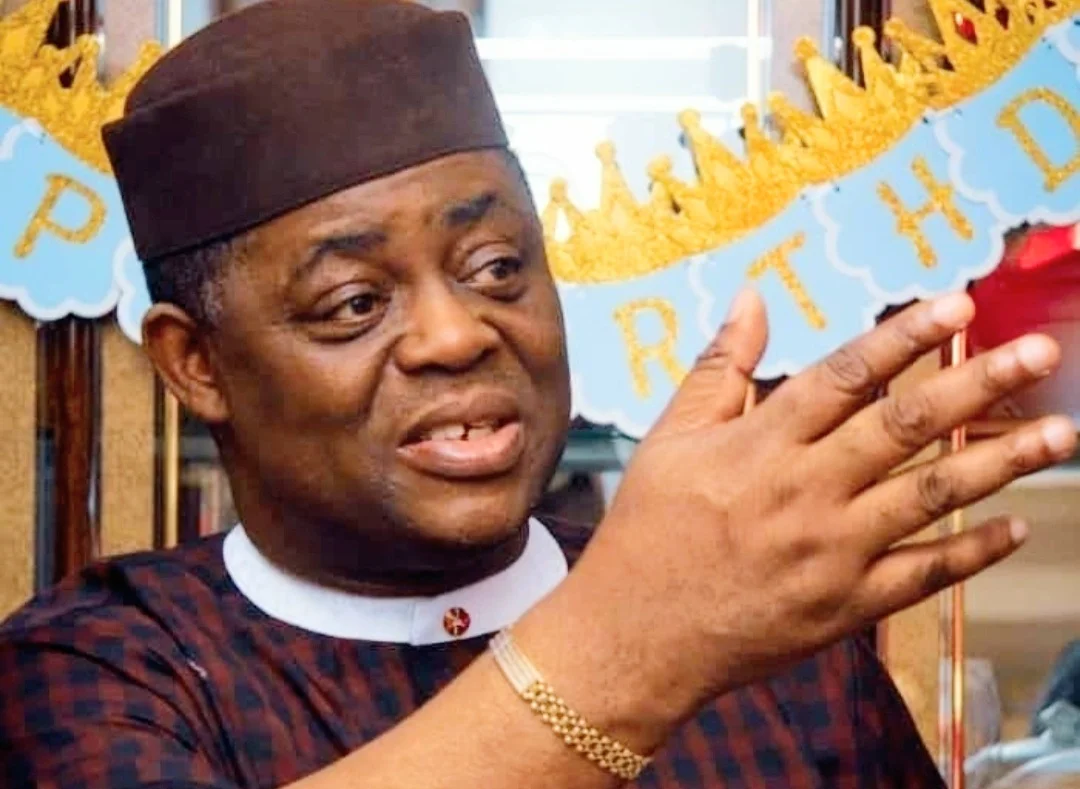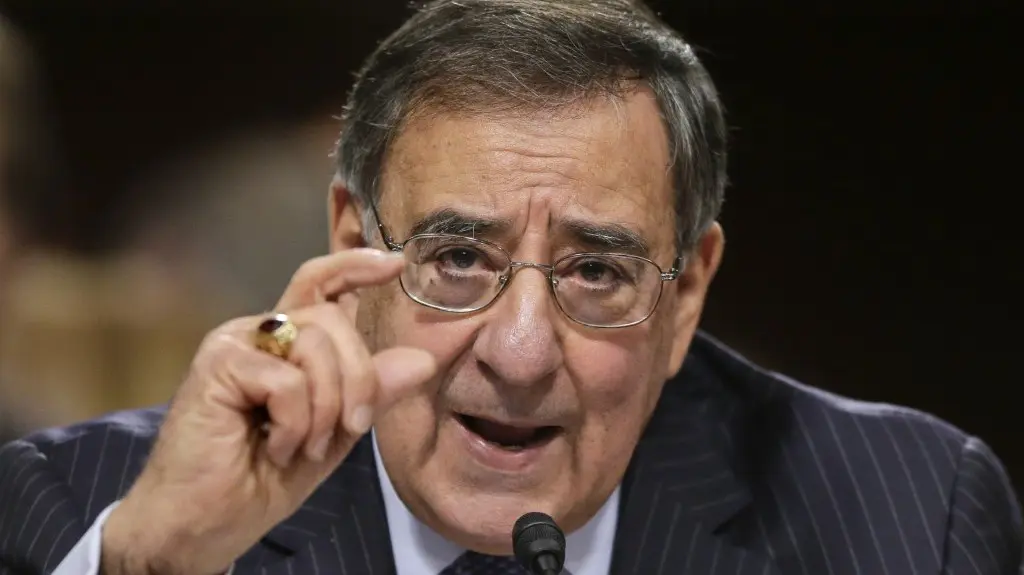Israeli Prime Minister Benjamin Netanyahu on Thursday said his cabinet would not meet to approve the Gaza ceasefire deal.
Netanyahu stated that Hamas must back down from the “last-minute crisis.”
In a statement from his office, the Office of the Israeli Prime Minister accused Hamas of reneging on parts of the agreement in an attempt “to extort last-minute concessions.”
The Israeli Cabinet was set to ratify the deal on Thursday.
Meanwhile, Indonesia’s Foreign Affairs Ministry welcomed the ceasefire and called for its immediate implementation, along with the creation of a sovereign Palestinian state.
“Peace in Palestine cannot be achieved without the end of Israel’s occupation and the establishment of an independent and sovereign Palestinian state, in accordance with the two-state solution based on agreed international parameters,” the ministry said in a statement.









